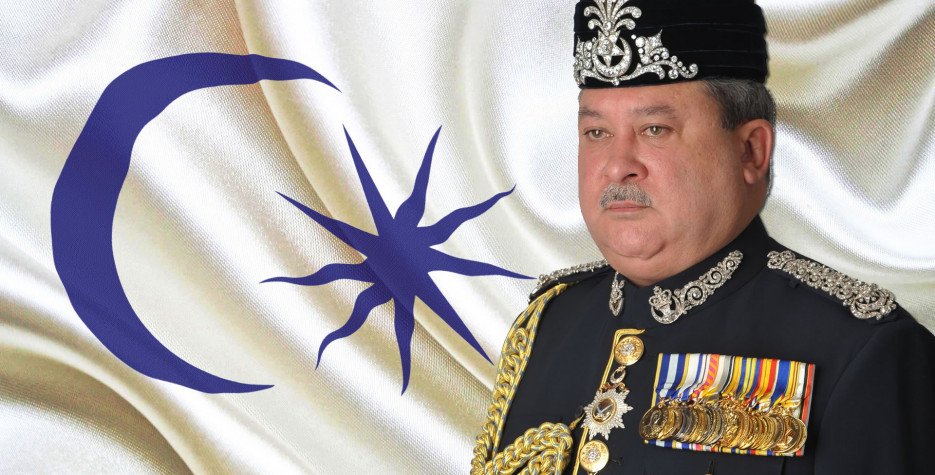At the age of 65, Sultan Ibrahim Iskandar of Johor is poised to ascend the throne in Malaysia, ushering in an era marked by opulence, wealth, and a unique blend of flamboyance and outspokenness. With an estimated fortune of $5.7 billion, the Sultan’s influence extends far beyond the borders of his country, encompassing a vast empire that spans real estate, mining, telecommunications, palm oil, and more.
The Sultan’s official residence, the extravagant Istana Bukit Serene, stands as a symbol of his family’s immense wealth. Housing a collection of over 300 luxury cars, including one rumored to be a gift from Adolf Hitler, and a fleet of private jets, including a gold-and-blue Boeing 737, the opulence of his lifestyle is undeniable. Adding to the spectacle is the existence of a private army, highlighting the extent of his power and influence.
While Bloomberg estimates the family fortune at $5.7 billion, many believe that the true extent of Sultan Ibrahim’s wealth surpasses this figure. Holding a 24% stake in U Mobile, a major Malaysian cell service provider, and investments in various private and public companies totaling $588 million, his financial portfolio is diverse and extensive.
Sultan Ibrahim’s global footprint is notable, with $4 billion worth of land in Singapore, including the expansive Tyersall Park. His investment portfolio, valued at $1.1 billion, is fueled by substantial cash flow from share and real estate transactions. This wealth, while remarkable, is only part of the equation, as the Sultan’s ascendancy to the throne holds significance in Malaysia’s evolving political landscape.
Unlike his predecessors, Sultan Ibrahim stands out for his flamboyance and outspoken nature. His close ties with Singapore’s leadership and business associations with prominent Chinese developers position him as a figure capable of exerting considerable influence on both domestic and foreign policy.
As Sultan Ibrahim officially assumes the throne, his ceremonial role takes on added importance in shaping Malaysia’s economic landscape. Beyond his personal wealth, the Sultan serves as a gatekeeper for business opportunities, particularly for the Malay community. Through joint ventures with Chinese tycoons, he has played a pivotal role in major projects, solidifying his position as a key player in the regional economic sphere.
The Sultan’s alliances with Chinese investors and his special relationship with Singapore’s leaders underscore the intricate web of connections that contribute to his influence. While some may view this as a positive force for economic development, others may raise questions about the concentration of power and the potential impact on political decisions.
In conclusion, Sultan Ibrahim Iskandar’s ascension to the throne marks a new chapter in Malaysia’s monarchy—one characterized by immense wealth, global influence, and a distinctive approach to ceremonial duties. As the Sultan takes on his role, the world watches with intrigue, pondering the implications of his opulent reign on both the domestic and international stage.


